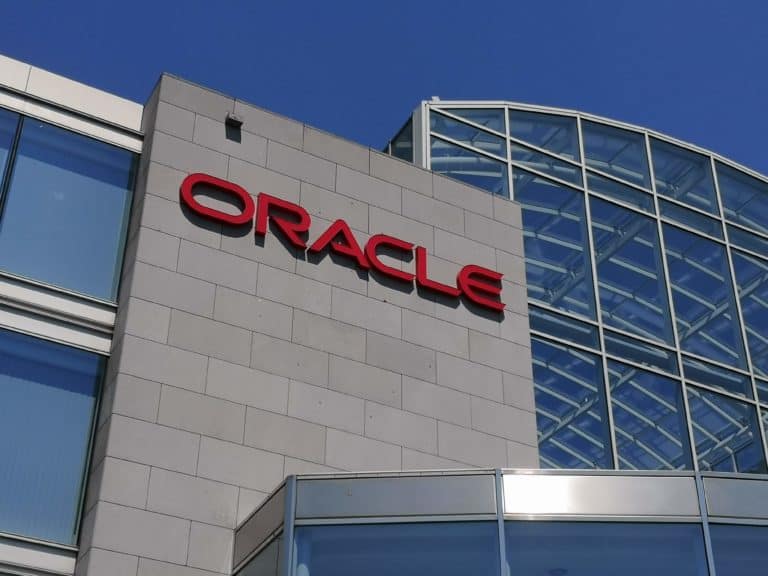Oracle wants to make it easier for developers to link applications in Kubernetes containers with its cloud services. Cloud and CRM specialist Cloud Infrastructure Service introduces Broker for Kubernetes for this purpose.
Oracle wants to support Kubernetes as much as possible by making Oracle Cloud Infrastructure Service Broker for Kubernetes generally available, writes Silicon Angle. The new service broker was announced at the KubeCon + CloudNativeCon Europe 2019 conference in Barcelona.
Cloud Infrastructure Service Broker
The service broker is an implementation of the Open Service Broker application programming interface (API). This is an open source project to open up cloud services to both applications and their deployment tools. The API is specifically designed to work with Oracle Cloud Infrastructure services. This suite of various cloud-based products includes the Autonomous Database. The suite is hosted in Oracle’s cloud datacenters.
With the Oracle Cloud Infrastructure Service Broker, developers can now set up a native connection to the Oracle Infrastructure services from Kubernetes via APIs.
Save time
According to Oracle, this can save developers a lot of time. Kubernetes automates the provisioning, configuration and management of the infrastructure of each application, so that they can quickly and easily connect to services such as Autonomous Data Warehouse and Automated Transaction Processing.
“With the ongoing adoption of DevOps and Kubernetes, developers want to streamline their automated deployment strategies so that they contain provisioning and can connect to any cloud-based service that applications or micro services depend on,” said David Cabelus, senior principal product manager of developer services at Oracle.
“For example, if your application depends on object storage, wherever that application runs, then the delivery of storage buckets should be part of the deployment process for the application.
This news article was automatically translated from Dutch to give Techzine.eu a head start. All news articles after September 1, 2019 are written in native English and NOT translated. All our background stories are written in native English as well. For more information read our launch article.